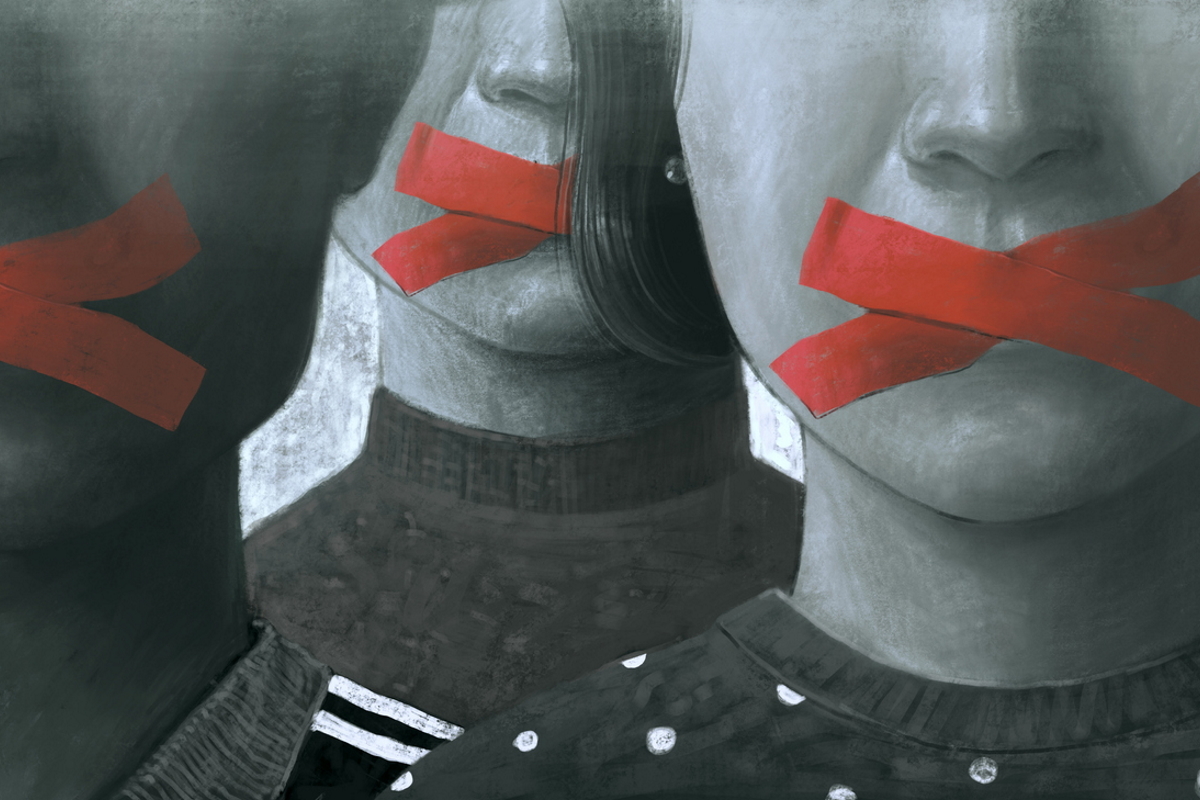Censorship in the UK and the online safety bill

Evan at Proxyrack explores the relationship between internet freedoms in the UK and the proposed online safety bill
Internet freedom remains a significant issue amongst nations, with governments around the world moving to limit their citizens’ digital rights, restrict access to or censor information, or even prevent reliable internet access altogether.
Internet freedom is also on the decline globally, forcing some activists taking advantage of residential proxies and VPNs to speak out against corrupt regimes and create a fairer society.
With this in mind, the team at Proxyrack decided to look into the proportion of internet users in each country, the censorship laws that citizens are subjected to, and the digital freedoms afforded to the citizens of each country. Our Internet Freedom Report reveals the levels of internet freedom around the world.
The report reveals that internet censorship occurs in varying degrees of extremity across the world, with even the least restrictive countries opting to limit access to torrenting sites in the hope of reducing public exposure to illegal and false information.
The UK’s proposed online safety bill has featured in government discussions for many years now, with disputes around how freedom of speech may be impacted by the bill. However, in recent months, the bill has been developed to target and protect the most vulnerable internet users, in particular, children.
The focus of the plan aims to push platforms to ban or limit the amount of harmful but legal content their site holds. This can apply to anything from eating disorders to self-harm. Platforms will also be expected to respond to reports of harmful content and any bullying that takes place through the site.
We believe this bill is an important step in helping the most impressionable demographic stay safe from the harmful content spread across the internet.
However, the content they are being protected from is not being made illegal. Instead it is being discouraged in the hopes that algorithms and platform guidelines will reduce the likelihood of individuals being exposed to it. Therefore, in my opinion, the platforms need to ensure their algorithms and settings are suited to their users and demographics
For adults, the proposed online safety bill aims to give users the option of what they are exposed to on the internet. If they believe certain content will damage their mental health, they have the option to opt out of viewing this.
This approach promotes free speech online and places responsibility on platforms when it comes to what they do or don’t want to appear on their site - within reason.
Individuals may have different perceptions of what content is harmful to them. Therefore, to reduce future disputes, the government are considering measures to protect individuals from what they, as individuals, deem harmful or upsetting.
These measures may include options in privacy settings which allow users to opt in and out of certain content alongside risk assessments to ensure individuals are only viewing content that is suitable for them. Platforms may also be required to revisit their algorithms to determine how quickly and widely content is spread on their platform - assessing how they can reduce the harms this may bring to their users.
Some have argued that this is pointless since it results in little to no repercussions for harmful behaviours online. However, the bill aims to address real-life situations - if the behaviour would be legal face-to-face, why would it be illegal online?
Looking back at Proxyrack’s Internet Freedom Report, it is interesting to see how this opinion could be reflected in internet freedoms across the world. For example, China has been revealed as the country with the fewest internet freedoms and it may be argued that these are reflective in the day-to-day regulations set throughout the country.
Overall, the move towards making internet use in the UK safer looks promising as it allows users freedom to make their own choices about the content they are exposed to.
The new bill will not necessarily completely resolve the issues faced online - such as bullying. But with responsive methods and features being put in place to tackle these issues, we believe the internet should hopefully become a more welcoming place for all.
It can be easy for individuals to hide behind a screen when displaying harmful or targeting content and behaviours. The provision of clear rules surrounding this behaviour should hopefully see a move towards a more civilised and welcoming online environment.
Evan is a Technical Analyst at Proxyrack
Main image courtesy of iStockPhoto.com

Business Reporter Team
Most Viewed
Winston House, 3rd Floor, Units 306-309, 2-4 Dollis Park, London, N3 1HF
23-29 Hendon Lane, London, N3 1RT
020 8349 4363
© 2024, Lyonsdown Limited. Business Reporter® is a registered trademark of Lyonsdown Ltd. VAT registration number: 830519543





